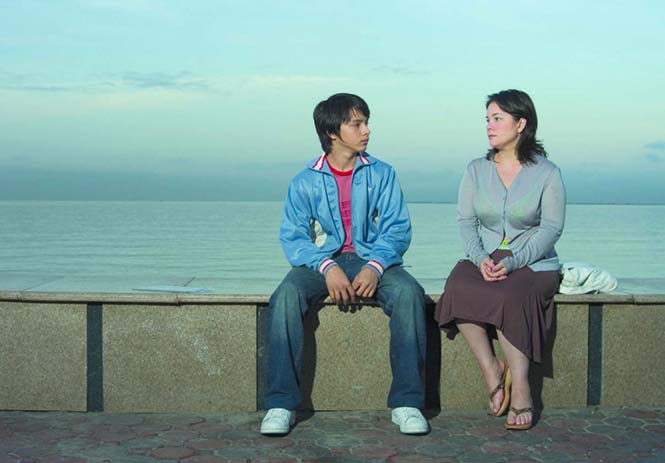The Philippine Philharmonic Orchestra (PPO) brings Filipino musicality and artistry in the world stage through the Asia Orchestra Week 2018, happening on October 2 to 7 in Kuji and Tokyo, Japan.
This will be the second time the PPO has been invited to participate in the Asia Orchestra Week. The Philippine orchestras first joined the international event in 2002.
This year, the PPO will perform on October 4 at the Kuji Amber Hall, and on October 6 at the Tokyo Opera City Concert Hall.
The PPO will perform together with Gunma Symphony Orchestra on October 4, 6p.m. (Japan Time) in Kuji. Under the baton of conductor Naoto Otomo, the Japanese orchestra will play Mozart’s Symphony no. 35. in D Major.
Afterwards, the PPO, led by its music director and principal conductor Maestro Yoshikazu Fukumura, will perform Mendelssohn’s Violin Concerto in E minor, with violinist Ryu Goto, who is set to perform with the Philippine orchestra in Manila on November 15 as part of its regular concert season.
The Kuji concert will culminate with the collaborative performance of the PPO and the Gunma Symphony, playing Brahms’ Symphony no. 1 in C minor.
For the Tokyo concert on October 6, 2p.m. (Japan Time), the PPO will perform Joaquin Rodrigo’s Concierto de Aranjuez, Rossini’s Semiramide Overture, and Manuel de Falla’s The Three-Cornered Hat, with guest soloist guitarist Kiyoshi Shomura.
Apart from performing at the orchestra week, the PPO’s string quartet will also conduct outreach program in Kuji, with the aim to encourage and bring healing to the students as well as the people who lost their houses in the tsunami.
Established in 2002, the Asia Orchestra Week aims to articulate the importance of classical music in modern society and continue its development and expansion. It is organized by Association of Japanese Symphonic Orchestras, through the Agency for Cultural Affairs of Japan.
The Association – comprise of 34 orchestra members – works to encourage cooperation among Japanese professional orchestras and conduct researches and studies on orchestra management. It also provides training for those who are associated with orchestral music, and promotes and popularize the orchestral music through international exchange in order to contribute to the development of Japanese musical culture.

























































































